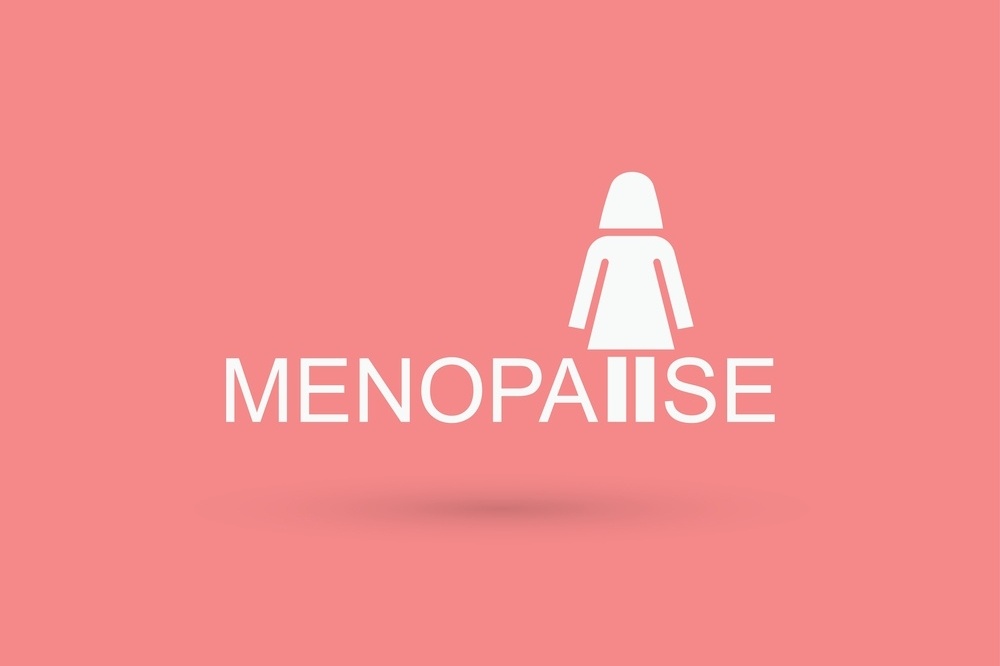

Early menopause is a frightening concept for women who are struggling to conceive a baby. There is bad information about early menopause floating around online, causing needless anxiety to patients looking for answers. This article will give you the facts and dispel the myths, so that you can relax and feel prepared to discuss your options with your fertility specialist.
What is premature menopause?
Also known as premature ovarian insufficiency, this diagnosis is applied to women whose period stops permanently before their 40s. Menopause happens when a woman’s ovaries no longer have eggs to produce. After menopause, the amount of fertility hormones in the body (estrogen and progesterone) become much lower, which means that ovulation and menstruation cease.
The average age of menopause in the US is 51, with most women experiencing the cessation of their menstrual cycle somewhere between the ages of 48 and 55. Premature menopause may affect between 1% and 4% of women, sometimes when they are still in their 20s. It can present a significant obstacle for women who are trying to get pregnant. It also has serious health implications, giving them an elevated risk of heart attacks, stroke, and osteoporosis.
The most common cause of early menopause is cancer treatment, such as radiation, or surgery which removes the ovaries. Autoimmune or thyroid diseases and infection can also take their toll on a woman’s egg supply. In other cases, the reason is unknown. Genetics may play a role, but in the majority of cases the specific causes of premature menopause are not well understood.
Can IVF/fertility drugs cause early menopause?
Absolutely not. There is a persistent rumor that undergoing IVF or other fertility treatments can bring on an early menopause. The general theory is that because the fertility drugs stimulate the ovaries to mature and release 10 to 15 eggs (instead of the one egg released during the body’s natural ovulation) they may lead to “running out of eggs” earlier. This is categorically false.
In a normal cycle, your body produces 10 to 20 egg follicles each month. As the cycle progresses, one of these follicles will become dominant and fully mature to produce the egg that will be released that month. The rest of the immature eggs will be lost. Fertility drugs work by stimulating the follicles that your body has already produced, so that more of them come to maturity. This ovarian stimulation simply utilizes more of the eggs that would normally have been lost in that menstrual cycle. It does not in any way deplete your natural egg supply.
Can women conceive after menopause?
Yes. With the help of IVF, women who have gone through menopause can still get pregnant, whether menopause came early or at a more expected time. You will need to use donor eggs, but chances are that you can still carry and deliver a healthy baby. A study carried out at the Columbia University Medical center and published in The American Journal of Perinatology followed 101 women over the age of 50 who underwent IVF with donor eggs and found that the outcomes for both mothers and babies were as good for the post-menopausal women as they were for women under the age of 42.
If you think that you may be undergoing menopause early and are hoping to have a baby, it is a good idea to get professional advice as soon as possible. Your fertility team can run a series of tests to find out whether you are in fact going through menopause, and which treatment options make sense for your situation. If you decide to try IVF with donor eggs, you can use eggs from a known donor (sometimes a sister or a friend) or go with a donor from an egg donation program, where you can choose to know the identity of the donor or proceed anonymously.
IVF with donor eggs has the highest success rate of any fertility treatment. Nationally, the success rates are around 52%, with some clinics reaching as high as 75%. You should feel free to ask your fertility clinic about their success rates among patients who match your age, diagnosis, and chosen treatment. Early menopause can be an upsetting diagnosis to receive, but with the right care your chances of coming home with a healthy baby at the end of treatment may be much higher than you think.
{{cta(‘a65b5d46-984b-424f-8ee8-3107ded8598e’)}}



